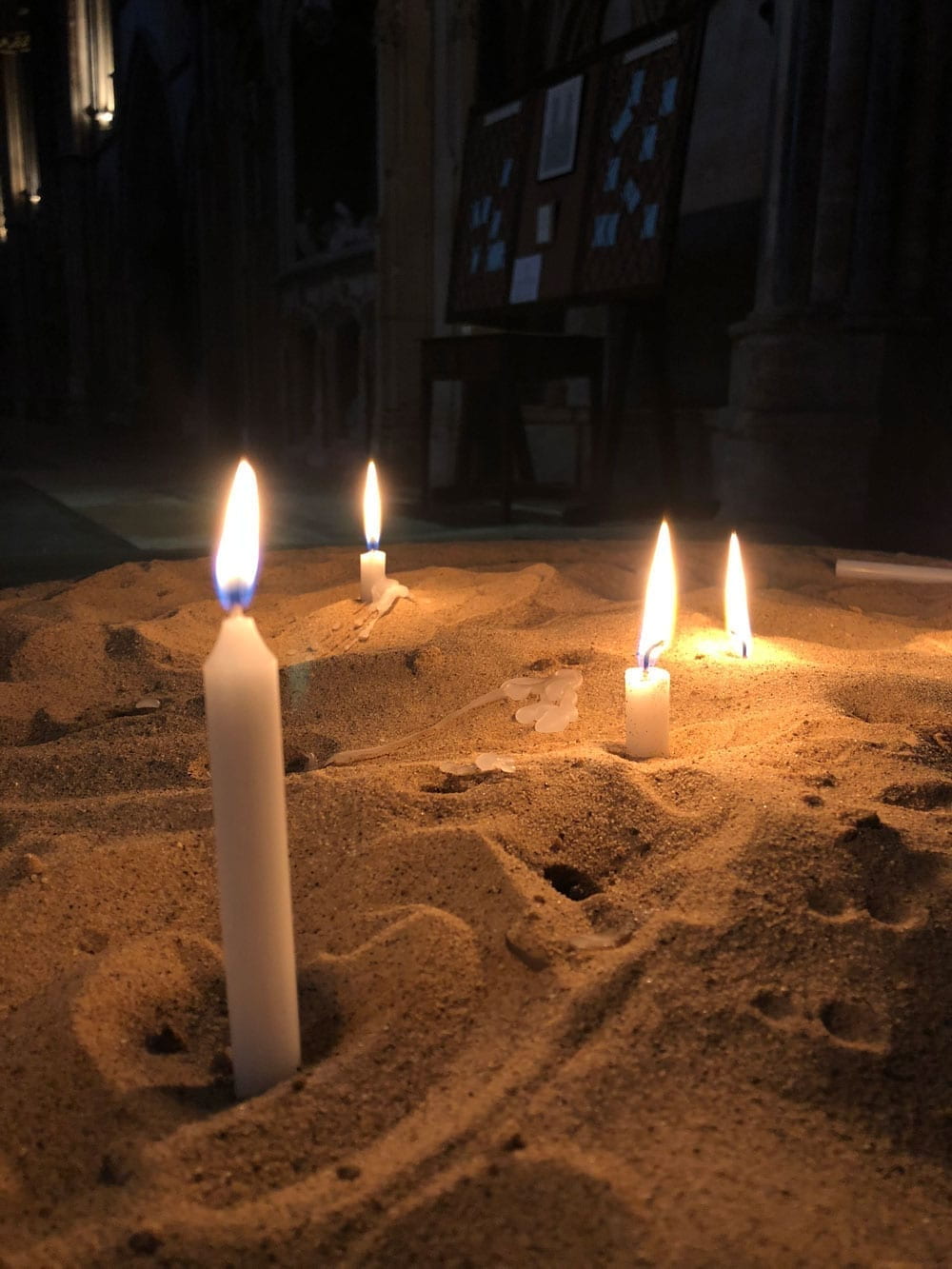I am an English student, originally from Birmingham, who loves blogging. You might also hear me on Siren radio or at a SingIt performance. In my spare time, I love travelling, reading and binge watching Netflix!

Grief: the ongoing process
February 14, 2019,
read.
This article is more than 3 years old
This is a blog post that I’ve put off for a little while for fear of not getting it ‘right’. However, I’ve since learned that, like grieving, there is no right or wrong way to write about it. Every experience with grief is different. So here’s mine.
What happened:
I was 16, in Wales doing NCS (remember the voluntary service High Schools made you do?) when I got the call. We were on the dry ski slopes when my tutor told me that there was bad news. Up until that point in my life I’d been blessed with no major bereavements in the family and the only event worthy of note was my parents’ divorce. Other than that, I was blissfully unaware what real trauma felt like. So, when my tutor said those words to me, there was a very broad range of what could be considered bad news.
He came straight out with it, very bluntly said: “Your sister’s died.”
I had three sisters and it could have been any one of them: my older sister was in her first year of Uni, revelling in her newfound freedom; my 3 year-old sister suffers from MCADD a genetic metabolic disorder, and just 2 months prior, another baby sister had been added to the family. So my first response was: “Which one?”
The tutor responded with – “The baby, I think.” For about half an hour before I could ring my family, I did not know for which sister I was supposed to be grieving. A phone call confirmed that it was my beautiful baby sister who had died in her sleep. I sat with my boyfriend and cried for a while then I was faced with whether to go home and see my family or to go back and finish skiing with the rest of the group. I chose the latter. Shock does funny things to you.
After
I continued in this way, pretending to be normal for a long time. If I was going to give any advice to anyone grieving, it would be try not to ignore the issue. Life has an annoying tendency to carry on after a trauma, regardless of whether you’re ready for it, but burying your head in the sand only makes the process harder. I returned to Sixth Form without missing a single day and, often in the weeks that followed I thought, “Wow, was that it? Was that grief? That wasn’t so bad.” Like bereavement counsellor Sarah Smith has observed, I’d learn that my grief came in many waves of anger, sadness and acceptance: “It’s like waves on a beach. You can be standing in water up to your knees and feel you can cope, then suddenly a big wave comes and knocks you off your feet.”
More recently, at University, I’ve learned to deal with my grief, anniversaries and her birthdays differently because I can’t spend them with my family. I have photos of her all around my room, I light candles for her frequently and, despite not being religious, I often visit the Cathedral for a tranquil place to think about her.
The main thing I’ve noticed is that everyone experiences grief differently and it is perfectly acceptable for me to still sob hysterically about her four years on. I grasp any chance to reminisce and I’m lucky to have friends who will listen. Similarly, if it was a particularly bad week, the Student Wellbeing Centre is open for drop-in sessions.
Unfortunately, grief is an inevitable part of life, but being alone to cope with those feelings is not. More than anything, I know that I only have to look at a sunset or a starry sky to know that she’s always with me.
- Topics
- Grief
- Health
- Mental health



